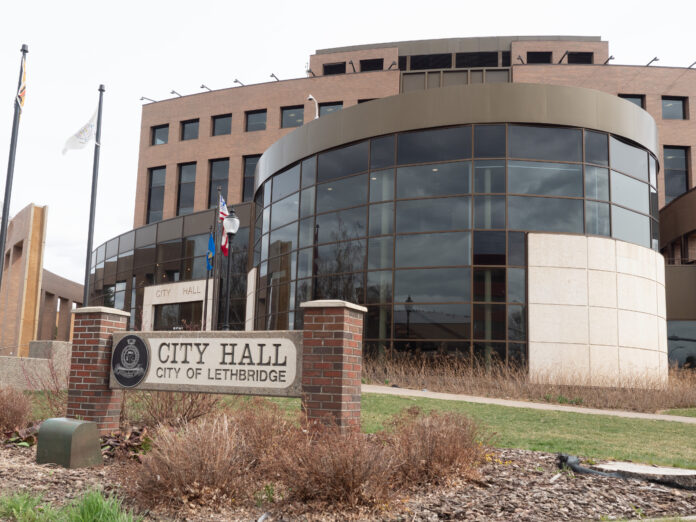Lethbridge city council has started looking at the city’s operating budget for the next four years. The process started today with a budget 101 presentation from city treasurer Darrell Mathews and presentations on several proposed initiatives at an economic standing policy committee. The committee will start deliberating on Nov 14 and will bring recommendations to council for potential approval on Nov. 29.
A draft budget forecasts an average annual municipal property tax increase of 3.7 per cent for each of the next four years. This is equal to an extra $94.20 per year for a single family home, based on an average market value of $285,800.
“To maintain existing service levels, tax rates should at a minimum meet inflation rates. Since 2020, inflation has surpassed City tax increases and has created challenges for the operating budget. Keeping a zero per cent increase is not feasible in order to maintain service levels while responding to inflation rates and the increasing costs of doing business,” the city says.
The city had surveys conducted between Aug. 17 and Sept. 9 this year to gauge what the public would like to see during operating budget deliberations and had 1,453 participants. It found 42 per cent of respondents wished to see a decrease in funding for the Lethbridge Police Service and those who participated wanted to see Lethbridge Fire and EMS stick to the same budget.
“When we begin deliberations for the next four-year Operating Budget, City Council will face a number of challenges and difficult decisions related to rising costs and maintaining existing services while still trying to be fiscally responsible to our residents,” says Mayor Blaine Hyggen. “This draft base budget proposes an increase of 3.77 per cent, which does not include any proposed new initiatives or changes to service levels. Council will be focused on its strategy and direction, but we also know the financial pressures we are facing.”
Revenue for the operating budget is funded by the municipal portion of property taxes and other municipal levies, as well from sales of goods and services including utility service charges and user fees for services like recreation and cultural facilities. Municipalities in Alberta cannot run a deficit or use debt to pay for operations, so council will be tasked to balance the budget.




